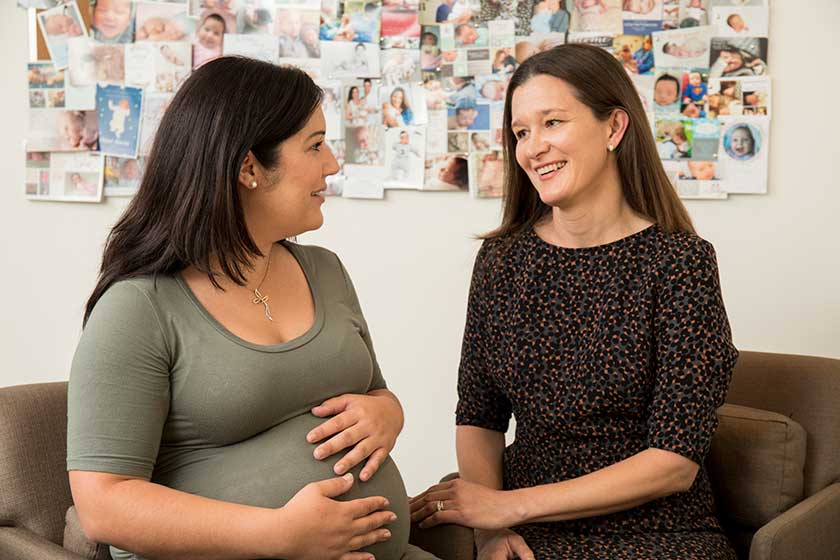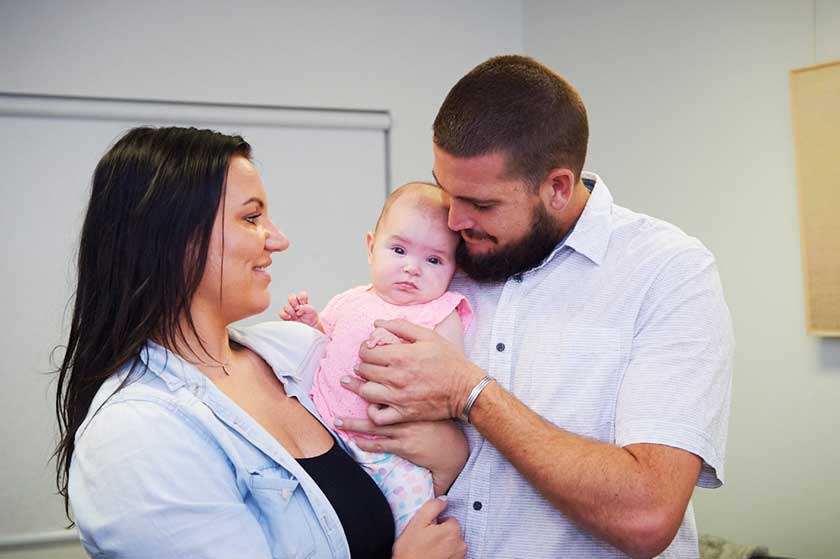Pregnancy is an exciting time for women but it can bring about a range of changes that can be tricky to work through.
Not only does pregnancy see significant changes occur to your physical wellbeing, your mental health can also be impacted.
Mental health changes are not uncommon
Pregnancy can raise underlying mental health issues, but it can also bring new vulnerabilities to the surface in a way that feels different, particularly as you prepare to take care of a dependent baby.
As many as one in five expecting or new mums will experience perinatal anxiety or depression.
There are a few risk factors that can make it more likely that you might need some mental health support during pregnancy, including:
- prior history of mental health issues
- lack of support from your partner, your family or social group
- childhood trauma
- unplanned pregnancy
- stressful events
- past conception or pregnancy complications
- absence of your own mother
- pre-existing physical illness
Screening is the first step
Screening for mental health issues during pregnancy might be a bit confronting when you are first asked.
It’s an important step, however, because it helps health professionals work out what your needs may be as the pregnancy develops.
Screening involves answering a series of questions about how you are feeling. The most commonly used screening tool is the Edinburgh Postnatal Depression Scale (EPDS). Professor Marie-Paule Austin and her team of researchers have developed a screening tool that addresses the above risk factors in more detail, particularly looking at childhood issues. It is called the Antenatal Risk Questionnaire or ANRQ.
Your doctor or nurse will use your responses to help work out, with you, what extra support you might need. It may not be help during pregnancy, but you may need some additional support when your new baby comes along.
Getting help
The first few months of your new baby’s life are really important for them and for you.
If you are feeling just a little bit off, you might have trouble responding to your baby’s attachment needs. This has been shown to increase the risk of later health problems for your baby, if not addressed.
Getting in early can make a real difference.
If you are pregnant, your doctor will likely screen you to see if there are any concerns. If they haven’t, or you are not sure, just ask your doctor.
They can then refer you onto some more support and care so that you are ready to welcome your new baby into the world.







